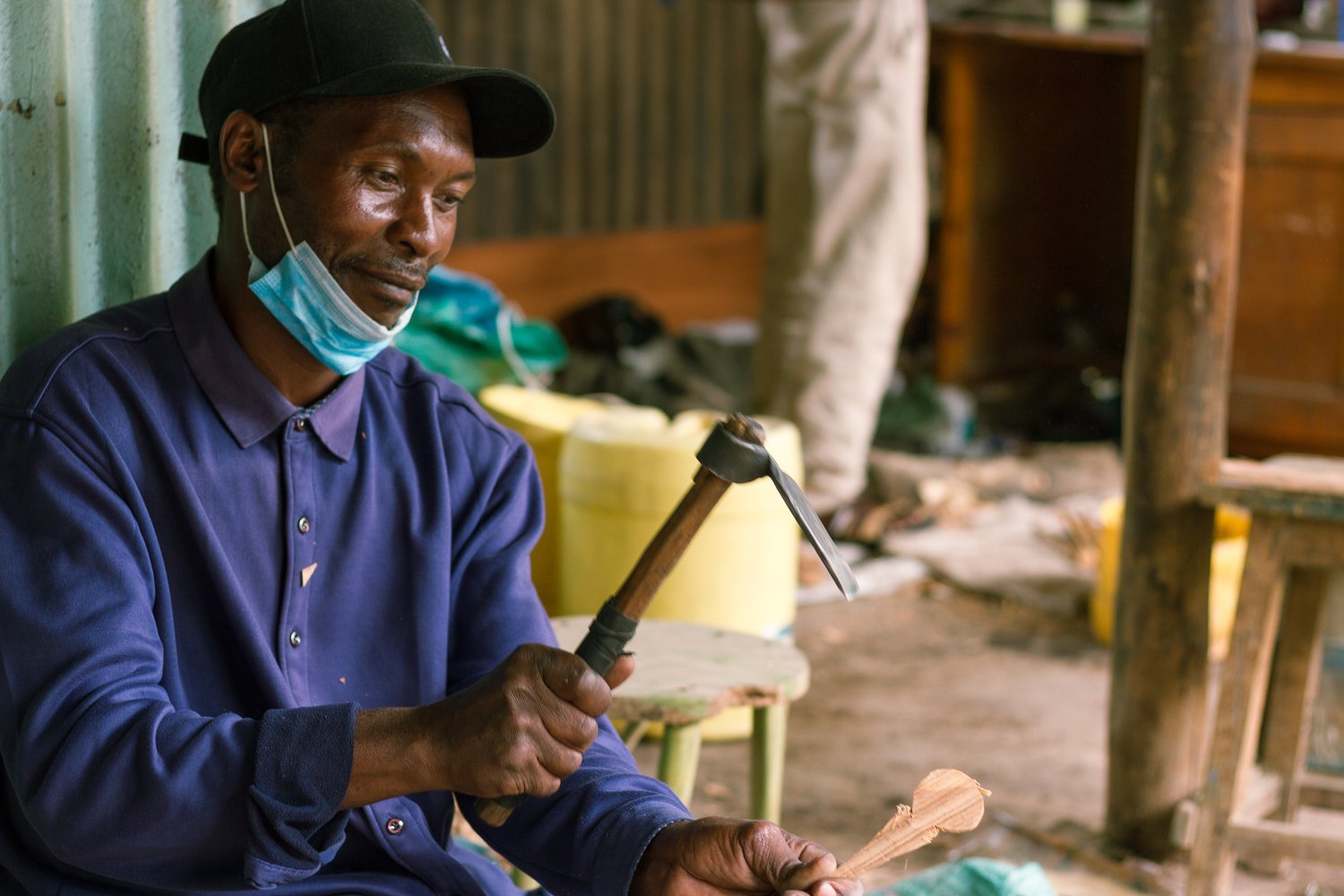The True Value of Handmade: Why Ethical Shopping Matters
As a small business owner, one of the hardest things I face is when people complain about the prices of handmade products. I understand—we’re all going through tough economic times, and not everyone has extra money to spend on non-essentials. I’ve done my best to adjust pricing to make it as fair as possible. Still, even then, the prices don’t always reflect the amount of work, skill, and care that goes into making a product by hand.
At Sawubona, we specialise in handmade homewares and gifts, and there’s so much more behind each product than what meets the eye. It’s not just about the materials; it’s the years artisans spend perfecting their craft and the time and effort it takes to create something unique. That’s why it can feel disheartening to hear people say things like, "This is too expensive," or "Why is everything so pricey?"
I get it. We’re all feeling the squeeze right now. But I also believe that ethical shopping has an incredible opportunity to slow down consumption, especially when it comes to fast goods that are often made under unethical conditions for both people and the planet. When we choose to buy handmade and ethically sourced items, we’re supporting artisans and communities who have dedicated their lives to their craft. We’re making a conscious choice to honour the work, skill, and creativity that goes into each piece.
Maybe the answer lies in shifting our perspective. Instead of seeing something as "expensive," we can view the price as a reflection of what it took to make it—the years of learning, the hours of crafting, and the costs involved in bringing that item into your hands. It’s not just a product; it’s a piece of someone’s journey.
Another important part of this conversation is mindful consumption. It’s about caring for the makers and the materials, recognising that when you buy handmade, you’re investing in quality and sustainability. It’s also about asking ourselves: If I had to make this item by hand, how much would I want to be paid for my time and effort?
It’s okay if you can’t afford something right now—everyone has different priorities. But what I hope for is a little more understanding and respect for the skill and time it takes to create handmade items. Every purchase you make from an artisan isn’t just a transaction; it’s a way of supporting a way of life, a craft, and a community.
Thank you for being part of this journey, and for supporting small businesses and artisans. Your choices make a bigger impact than you know.
